At the conference to summarize the 2023-2024 school year and deploy tasks for the 2024-2025 school year this morning, August 19, the Ministry of Education and Training said that in the 2023-2024 school year (as of April), localities have recruited 19,474 teachers out of a total of 27,826 additional positions.
Of which, preschool level recruited 5,592 teachers, primary level recruited 7,737, secondary level recruited 4,609, high school level recruited 1,536 teachers. Also according to the Ministry of Education and Training, up to now, the teaching staff has been developed in quantity, gradually overcoming the shortcomings in structure.
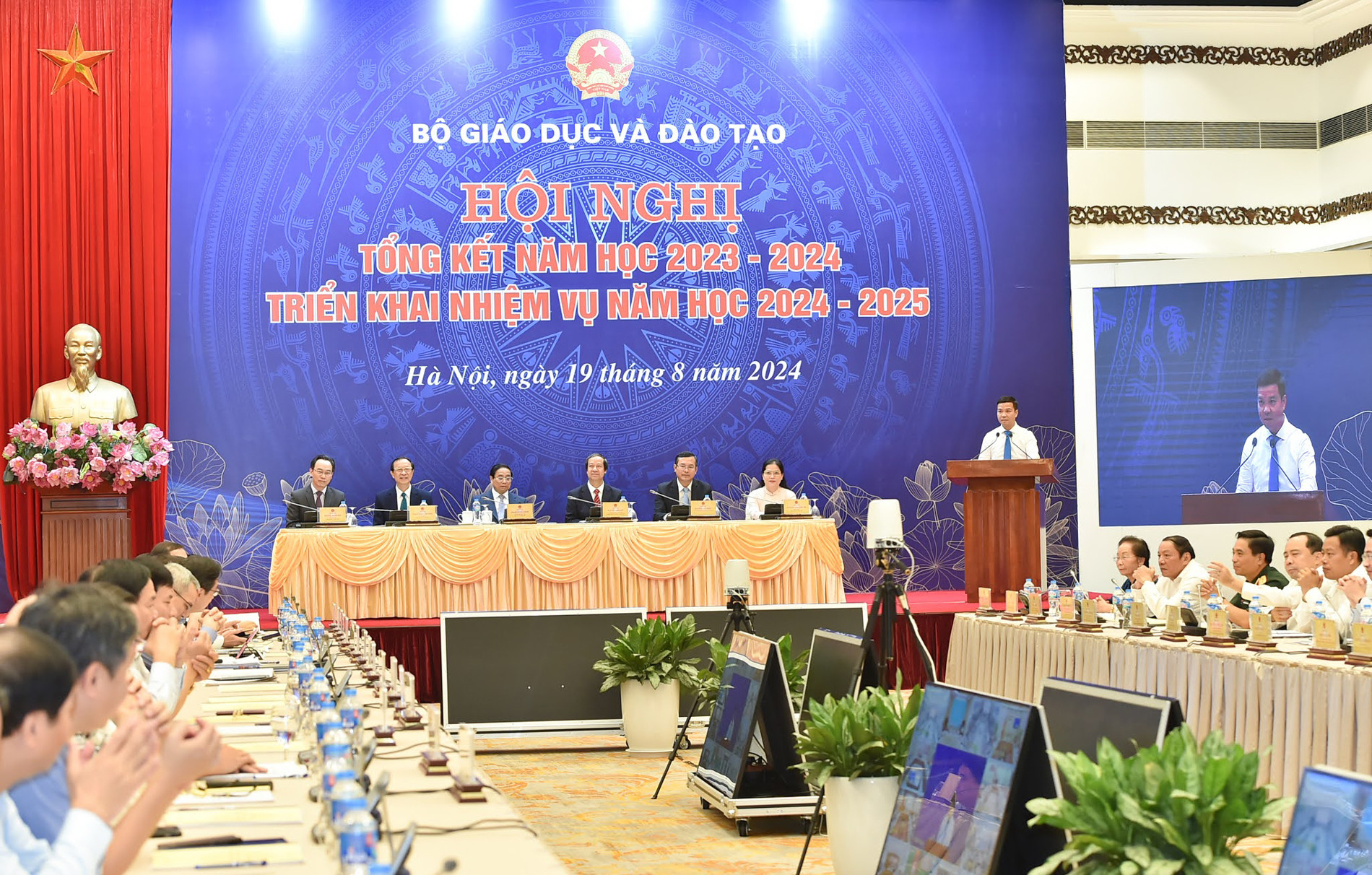
In order to gradually remove difficulties and shortcomings in recruiting teachers to teach new subjects according to the 2018 General Education Program, the Ministry of Education and Training has developed and the Government has proposed to develop a National Assembly Resolution on allowing the recruitment of people with college degrees to teach a number of subjects according to the 2018 General Education Program.
The Ministry of Education and Training is also researching preferential allowances for civil servants in the education sector and reviewing and proposing policies on salary regimes for civil servants of ethnic minority boarding schools, ethnic minority boarding schools and general schools with boarding students in mountainous areas and areas with especially difficult socio-economic conditions.
Teacher shortage causes difficulties for new school year
However, the Ministry of Education and Training also pointed out that the local shortage of teachers still exists in most localities, especially teachers of new subjects (English, Information Technology, Music, Fine Arts) but is slow to be overcome.
Specifically, English and IT, which were previously elective subjects, are now required from grade 3; new high school art subjects are added; there is a shortage of teachers for elective subjects such as ethnic minority languages. This makes it difficult to implement the curriculum and teaching plan.
Speaking at the conference, the representative of Dien Bien province, Mr. Vu A Bang, Vice Chairman of the Provincial People's Committee, said that currently, the teaching staff of this locality is still quite lacking compared to the norm, especially in the subjects of English, Information Technology, Music, and Fine Arts. This team often has quite large fluctuations at the end of each school year due to teachers transferring to work in the lowlands, causing difficulties for the implementation of the new school year.
Although Dien Bien province also has specific policies to attract recruitment, especially for teachers of IT, English and specialized subjects, there is still no source of recruitment.
“Based on Decree 141, we prioritize local children, implement recruitment policies, and focus on training in the fields of Information Technology, Foreign Languages, etc. However, after 3 years of implementation, only 72 students have been recruited to study in these fields, of which 45 are in Foreign Languages, 5 are in Information Technology, and the rest are in other specialized fields,” said Mr. Bang.
Faced with this reality, Mr. Bang proposed to continue applying the policy of attracting teachers for the entire working time in areas with particularly difficult socio-economic conditions; indefinite contracts for teachers working in particularly difficult areas for 10 years or more. At the same time, teachers working in particularly difficult areas will be supported with expenses such as: house rent, travel expenses (if teaching at the village points), lunch allowance, etc.
In Ho Chi Minh City, Ms. Tran Thi Dieu Thuy, Vice Chairwoman of the City People's Committee, said that currently, it is very difficult to recruit teachers of Information Technology, English, Fine Arts, and Music in Ho Chi Minh City due to very low salaries.
“With the current average salary level in Ho Chi Minh City, teachers in these fields cannot be recruited and cannot propose to the Ho Chi Minh City People's Council a separate financial and support mechanism and policy like the way the People's Council has a separate mechanism and policy for preschool teachers,” said Ms. Thuy.
Ms. Thuy recommended that the Ministry of Education and Training study and advise the Government to remove difficulties in financial mechanisms, creating conditions for provinces and cities to build special mechanisms to recruit teachers of Information Technology, English, Fine Arts, and Music.
As of April 2024, the whole country still lacks 113,491 teachers at all levels of preschool and general education.
In addition, the structure of the teaching staff is still unbalanced between subjects in the same grade level, between regions with different socio-economic conditions; the quota for allocating teachers to localities is mostly lower than the actual demand. The teacher/class ratio at all grades is lower than the norm prescribed by the Ministry of Education and Training.
The Ministry of Education and Training said the main reasons were limited attraction to the industry; the number of teachers leaving their jobs was still high; the source of teachers for some specific subjects was still lacking; recruitment in localities was slow, with about 72,000 assigned positions currently unfilled.
In addition, the number of classes and students has increased, leading to an increase in the demand for teachers; planning and forecasting of teacher demand from the strategic level to localities is not close and does not keep up with reality; population fluctuations and labor migration between regions are large and irregular.
'The quality of the teaching staff is a huge bottleneck in the education sector'
Professor Nguyen Thi Doan, President of the Vietnam Association for Promoting Education, said that the issue considered the most fundamental bottleneck in education today that needs to be solved is the quality of the teaching staff.
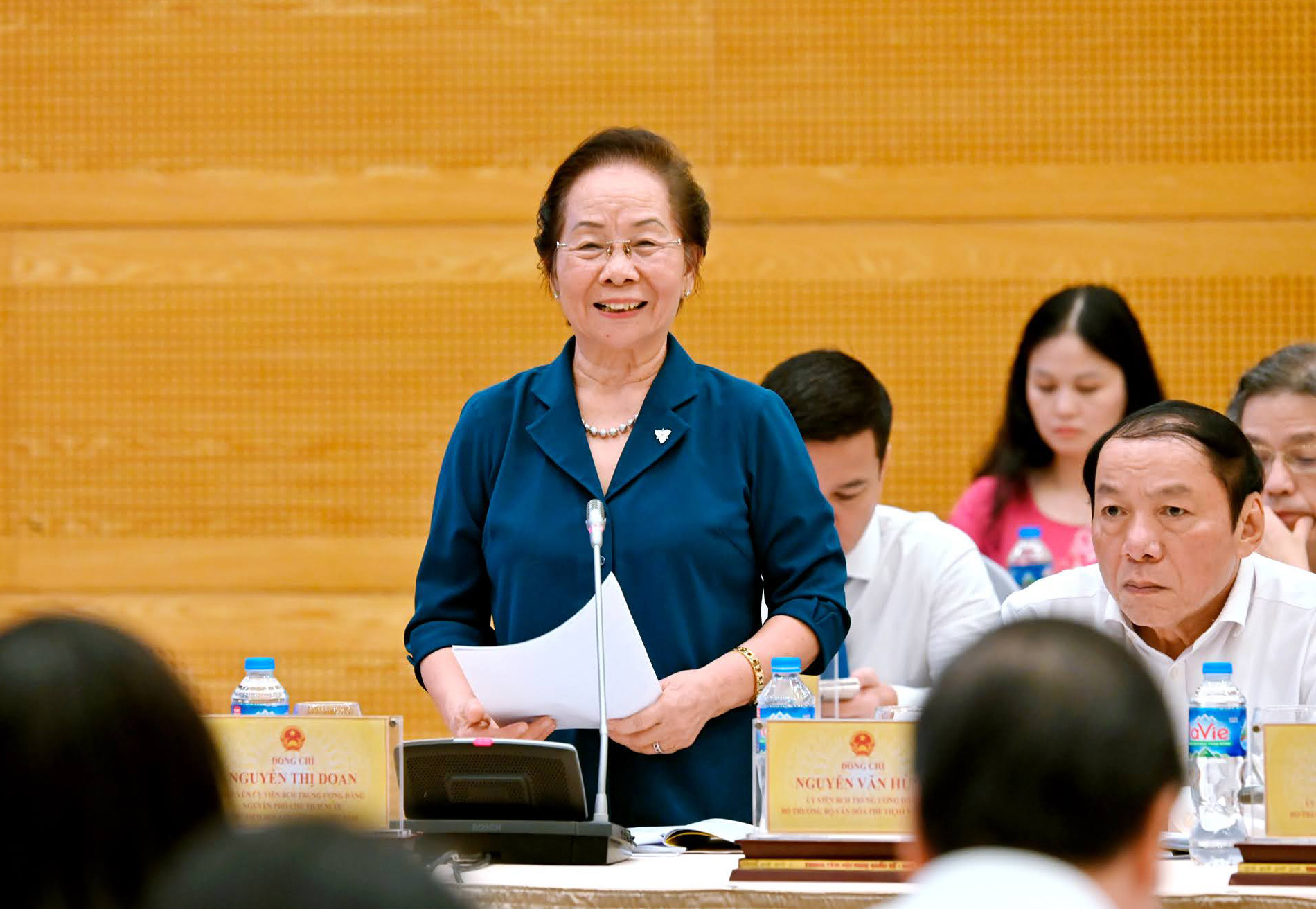
“This is a challenge for the education sector.”
According to Ms. Doan, the current generation of teachers is in the age of Gen Y, while Gen X is very rare. Gen Y, born between 1971 and 1986, has begun to absorb science and technology very well. They have begun to break out and dare to innovate, unlike Gen X.
“The generation of students we are educating is Gen Z. These generations are immersed in technology. So the teaching staff must grasp the characteristics of this generation of students to improve quality. However, the quality of our teaching staff is still a huge bottleneck. We need to assess who our students are and where they are, so that teachers can also immerse themselves in technology, suitable for the subjects we teach,” said Ms. Doan.
The second bottleneck, according to Ms. Doan, is the pressure of achievement that weighs heavily on teachers, students, and parents.
The third problem, according to Ms. Doan, is that teachers' lives are still difficult. Because life is still difficult, teachers do not have much time to read and study on their own. "Let's ask, how much time do teachers spend reading, studying and improving their qualifications? Reading and studying on their own are the problems," Ms. Doan said.
Ms. Doan also said that in the context of digitalization, books and reports are still time-consuming for teachers.
To improve the quality of Vietnamese human resources, the President of the Vietnam Association for Promoting Education emphasized that it is necessary to promote the quality of education. “To promote, we must improve the quality of the team because teachers are the “key”. This is a very difficult and long-term problem and requires all levels, sectors, and all provinces and cities to participate,” Ms. Doan affirmed.
By the end of the 2023-2024 school year, the rate of teachers and managers meeting the standards for training under the 2019 Education Law for preschools is 89.3%, primary schools are 89.9%, secondary schools are 93.8%, and high schools are 99.9%. Compared to the 2022-2023 school year, the rate of teachers meeting the standards under the 2019 Education Law at preschools increased by 1.9%, primary schools increased by 5.5%, and secondary schools increased by 2.9%.
However, according to the Ministry of Education and Training, a small number of teachers and educational managers are afraid of innovation and do not have a correct understanding of the importance of regular training, so training is still formal and perfunctory, and the time for self-study and self-training is limited. The quality of teachers and educational managers is uneven, especially in areas with particularly difficult socio-economic conditions, with a large gap compared to areas with favorable conditions.
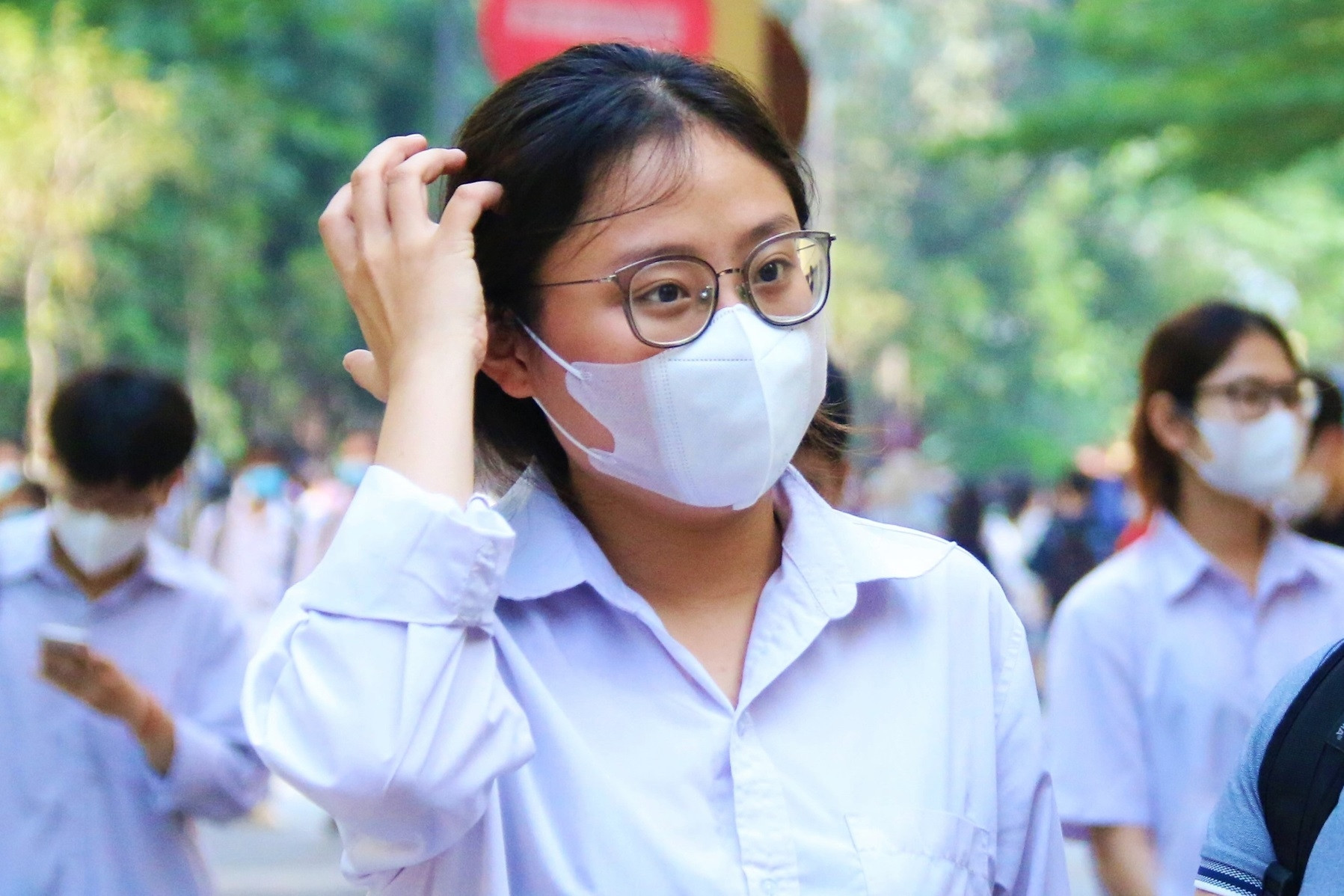
'Ordering' teacher training: Local authorities order 'dripping', even owe schools money
Source: https://vietnamnet.vn/kho-tuyen-giao-vien-do-luong-qua-thap-2313211.html


![[Photo] President Luong Cuong presents the decision to appoint Deputy Head of the Office of the President](https://vphoto.vietnam.vn/thumb/1200x675/vietnam/resource/IMAGE/2025/5/8/501f8ee192f3476ab9f7579c57b423ad)
![[Photo] National Assembly Chairman Tran Thanh Man chairs the meeting of the Subcommittee on Documents of the First National Assembly Party Congress](https://vphoto.vietnam.vn/thumb/1200x675/vietnam/resource/IMAGE/2025/5/8/72b19a73d94a4affab411fd8c87f4f8d)
![[Photo] Prime Minister Pham Minh Chinh meets with the Policy Advisory Council on Private Economic Development](https://vphoto.vietnam.vn/thumb/1200x675/vietnam/resource/IMAGE/2025/5/8/387da60b85cc489ab2aed8442fc3b14a)
![[Photo] General Secretary concludes visit to Azerbaijan, departs for visit to Russian Federation](https://vphoto.vietnam.vn/thumb/1200x675/vietnam/resource/IMAGE/2025/5/8/7a135ad280314b66917ad278ce0e26fa)

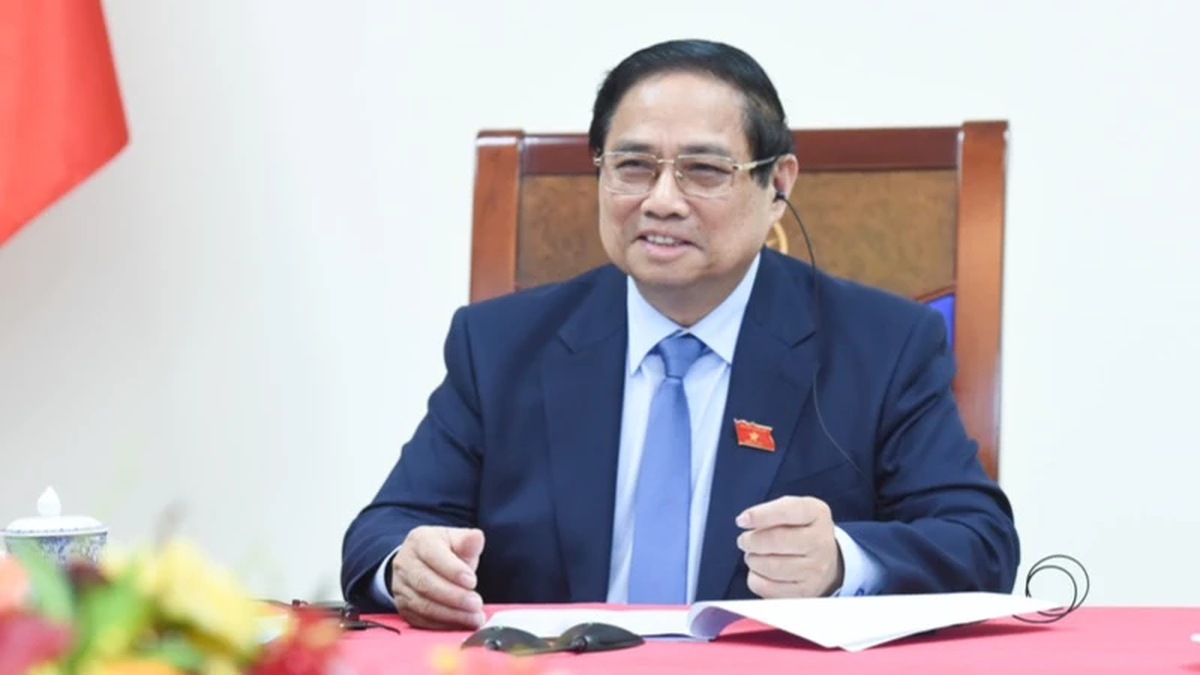
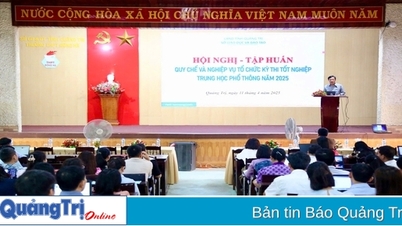



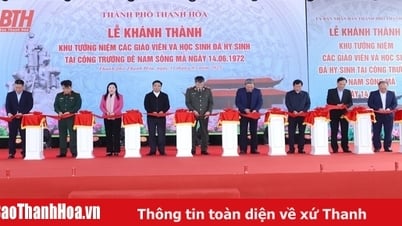



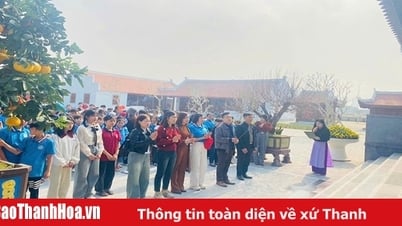
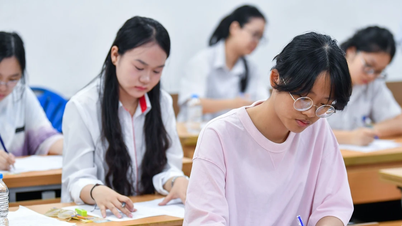
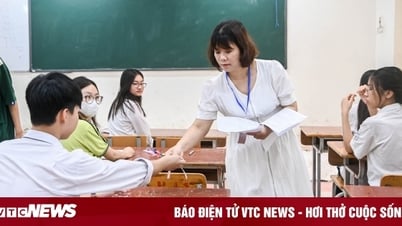


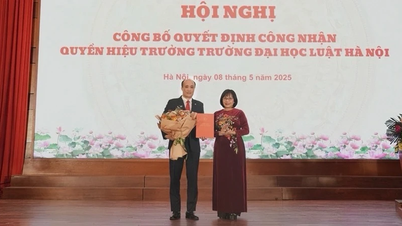
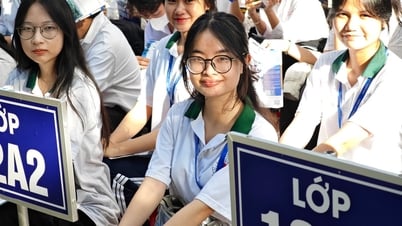




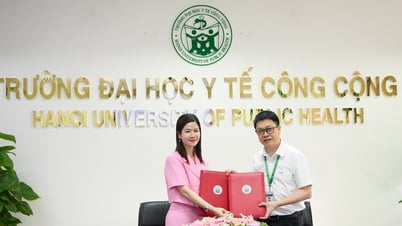


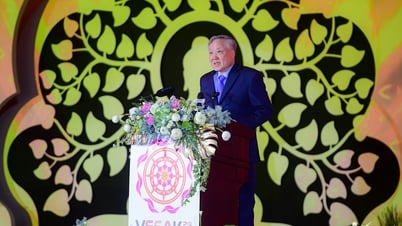


































![[Photo] Prime Minister Pham Minh Chinh talks on the phone with Singaporean Prime Minister Lawrence Wong](https://vphoto.vietnam.vn/thumb/402x226/vietnam/resource/IMAGE/2025/5/8/e2eab082d9bc4fc4a360b28fa0ab94de)














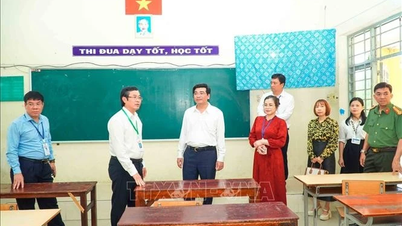



















Comment (0)